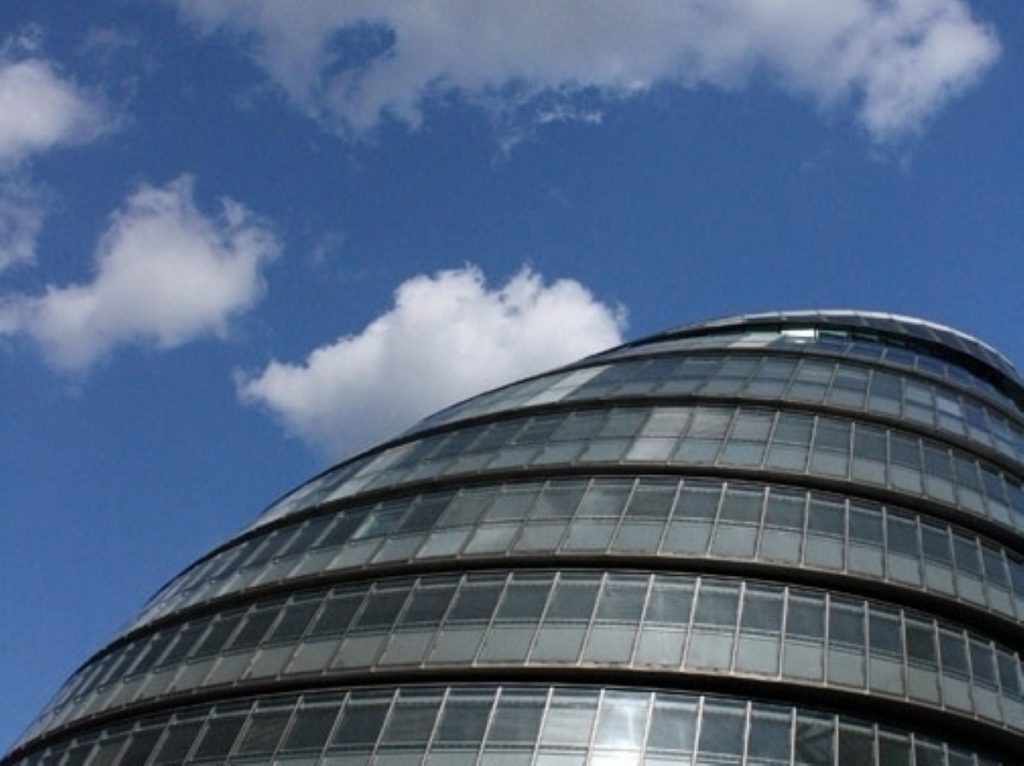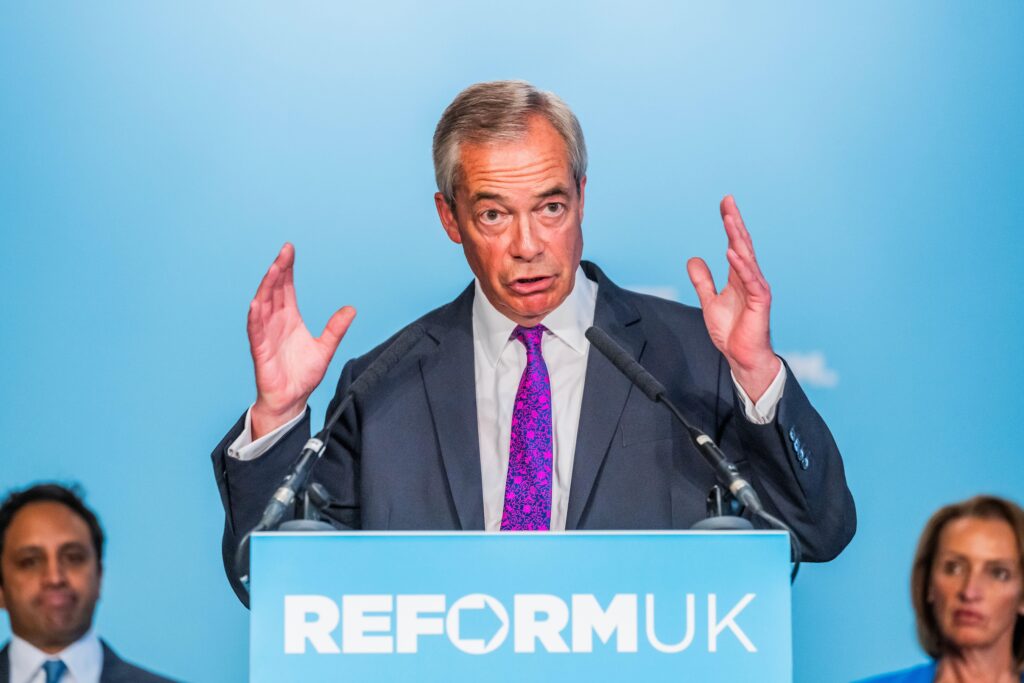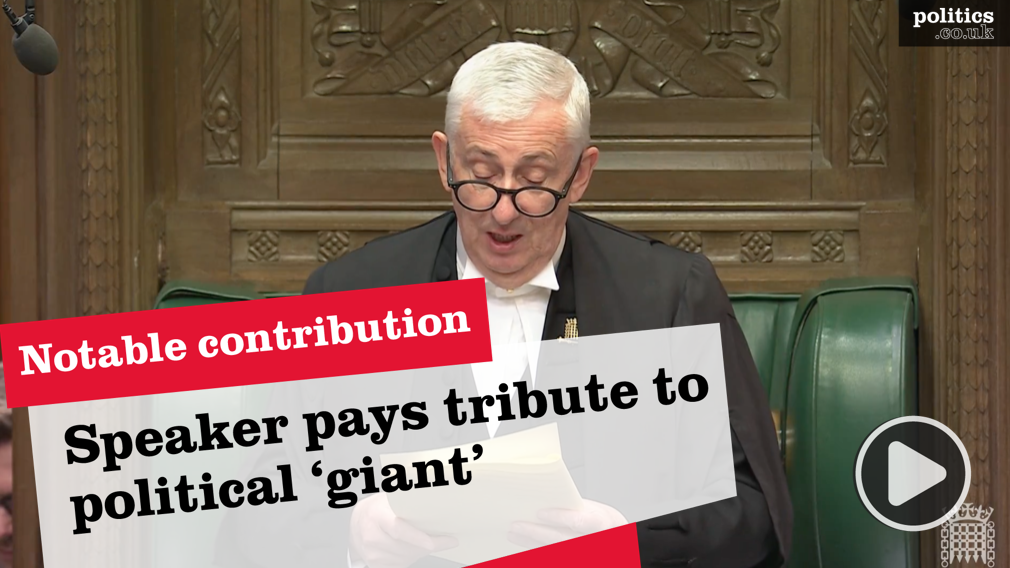Analysis: Can Ken beat Boris?
The London election will rest on how far Ken manages to associate Boris with Downing Street’s cuts programme.
By Ian Dunt
Things don’t look good for Ken Livingstone. He may have been elected Labour candidate for the London mayoral election but the public don’t seem quite as keen.
A recent ComRes poll gave Boris Johnson more support than both Ken and his Labour opponent for the candidacy, Oona King, combined. Boris remains a popular figure, and Ken is getting older.


But there are major caveats. Labour’s support in London should not be underestimated. It won more votes in the capital at the general election than the Tories and was elected to serve the public in 17 out of London’s 32 councils in the local election – ten extra councils since last year. Over 8,000 new members have joined London Labour since the general election.
Electoral tradition also plays in Ken’s favour. Incumbents usually struggle to get their core vote out. That plagued Ken last time, after several years of being in power. This time it’s Boris’ problem.
Both candidates will try to brush aside the argument that Boris is for outer Londoners and Ken is for inner city Londoners, but the electoral arithmetic shows it to have some validity. Both men are neck-and-neck in inner London, while Boris enjoys a significant lead in outer London. This was considered unconscionable before Boris won, given the improvements Ken had made to the transport system helping outer Londoners get into the centre, but his proudly European, left-of-centre approach was at odds with the disposition of many suburban voters. Much of the election will come down to whether outer London voters remain as irritated by Ken as inner London voters are alienated by Boris. As things stand, Boris is far more acceptable to natural Ken voters than Ken is to natural Boris voters, but that may change.
There is a certain Shakespearian aspect to the Ken-Boris battle, in that they share evidently similar character traits. Both have the rare distinction of being referred to by their Christian name and both succeed in politics despite holding their party at arm’s length. Ken’s left-wing politics and robustly individual opinions on foreign policy saw many voters stick with him despite refusing to vote Labour in the national elections. Similarly, Boris is such a unique political figure voters don’t attach him to the Cameron government in Downing Street.
But in two years time anger at the government may be so severe voters will be keen to deal it a blow regardless of whether its Boris suffering the impact. Many London areas, like Hackney or Bermondsey, will suffer significantly from spending cuts, particularly to housing budgets. The highly polarising deficit reduction programme may prompt a far more passionate anti-Boris mood among natural Labour voters. He won’t be the guy from Have I Got News For You anymore. He’ll be the Tory stooge, bringing Tory cuts to London.
A lot will depend on the national picture, and how far Boris manages to separate himself from the government. He’s already tried to foreshadow his election persona, with a series of media statements designed to depict him as a lone fighter standing up for Londoners’ interests in the face of a cuts programme. But he’s on the record backing the deficit reduction plan and his links with business and banking leaders will be used extensively by a political operator as talented as Ken, even if they do offer him an edge on campaign funding.
No matter how favourable the opinion polls are to him now, Boris knows he’s in the fight of his political life.












